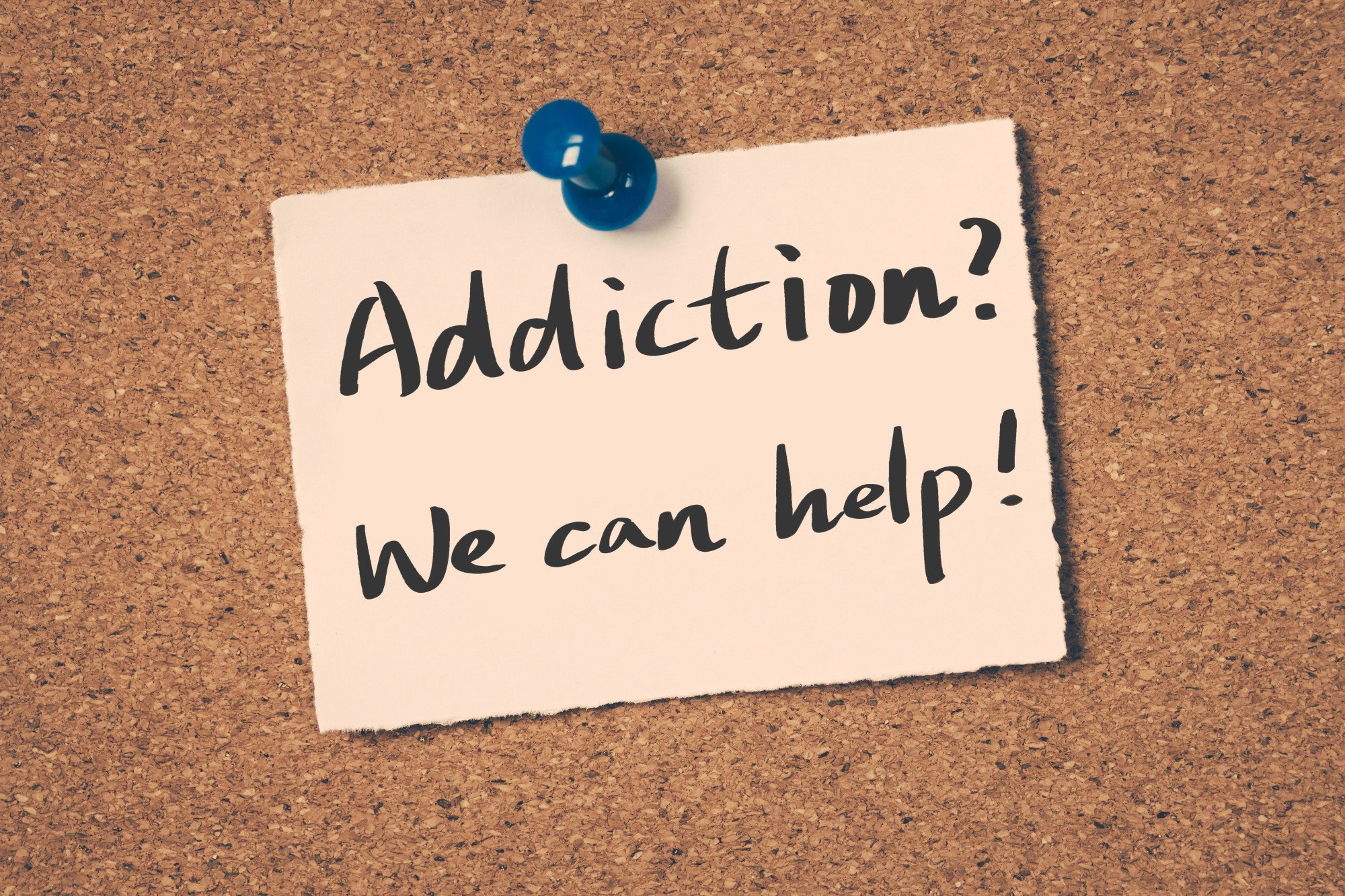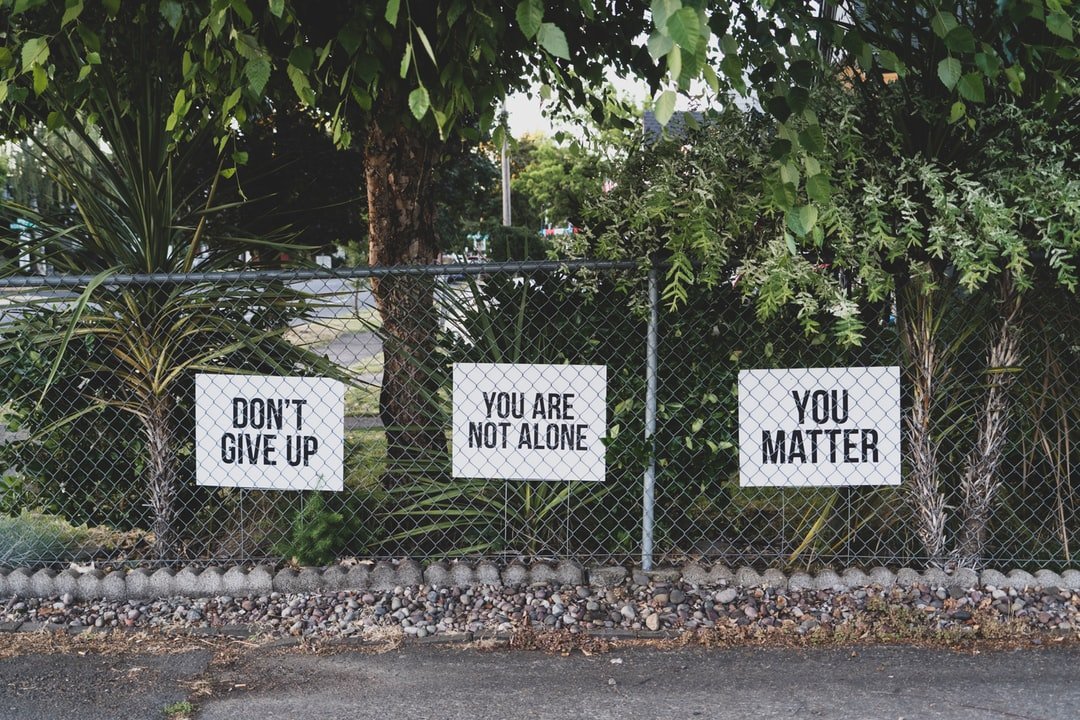
Residential treatment facilities offer intensive therapy to young people with many serious behavioral and emotional problems. Typically, while getting residential treatment, kids temporarily live away from their parents and in a residential facility where they are monitored and supervised by specially trained staff. Residential treatment is an effective way for kids to deal with difficult childhood issues such as peer pressure, violence, depression, or anxiety. Often times, this type of therapy is the first step towards getting treatment for a child who may have difficulty adhering to treatment due to his/her background or personality. If a family does not feel comfortable allowing their child to attend residential treatment or if the cost of such a program is beyond the means of the family, therapeutic boarding schools and wilderness treatment centers are an alternative option.
A residential treatment program offers a variety of therapeutic treatments that address the specific needs of the patient. These treatments can include medication, detoxification, group therapy, education, and social and personal counseling. The goal of residential treatment is to help people recover from serious behavioral problems that can lead to or exacerbate psychiatric disorders or substance abuse. In addition, people suffering from these disorders can benefit from an intensive therapeutic environment.
When considering which residential treatment program is best fit for your child, it is important to understand the differences between inpatient and outpatient treatment. The primary distinction is whether patients live at the facility full time or only part time. Patients on inpatient care go to the hospital on a regular basis and are discharged after the recommended number of hours. Outpatient care involves the release of the patient to the community, usually for only a limited period of time.
Once you have decided on which residential programs may be best for your child, it is important to make sure the facility you choose meets your child's needs. While almost all residential programs offer a variety of therapies, not all treatments will work for every child. You want to ensure the treatment you choose focuses on addressing the specific behavior issues that are making your child feel out of control. The best way to accomplish this is to choose a program that includes specific types of therapy in their curriculum.
The MN Teen Treatment Programs will also include services that address the underlying issues that are causing the family stress. One of the most common causes of residential treatment program failure is that the family is struggling to meet the demands of daily life. Residential treatment should address both the immediate circumstances that are causing the problem as well as longer-term efforts to change those circumstances. In short-term programs, families try to solve one issue at a time. Over time, when the issues do not get resolved, families move into an out-patient mode, where therapy, counseling, and support are available to assist them in working through the issues and getting back to living their lives with more calm and structure.
As mentioned above, the Minnesota teen treatment programs is a great option for those who need to receive specialized therapy to address their mental illness and behaviors. While there are many great benefits to this type of program, it is important to make sure you select a program that works for you. Talk to others who have been through the process and receive feedback from them. Once you have a list of several programs to choose from, you will be able to find the right fit for you and your family. Get a general overview of the topic here: https://en.wikipedia.org/wiki/Drug_rehabilitation.


